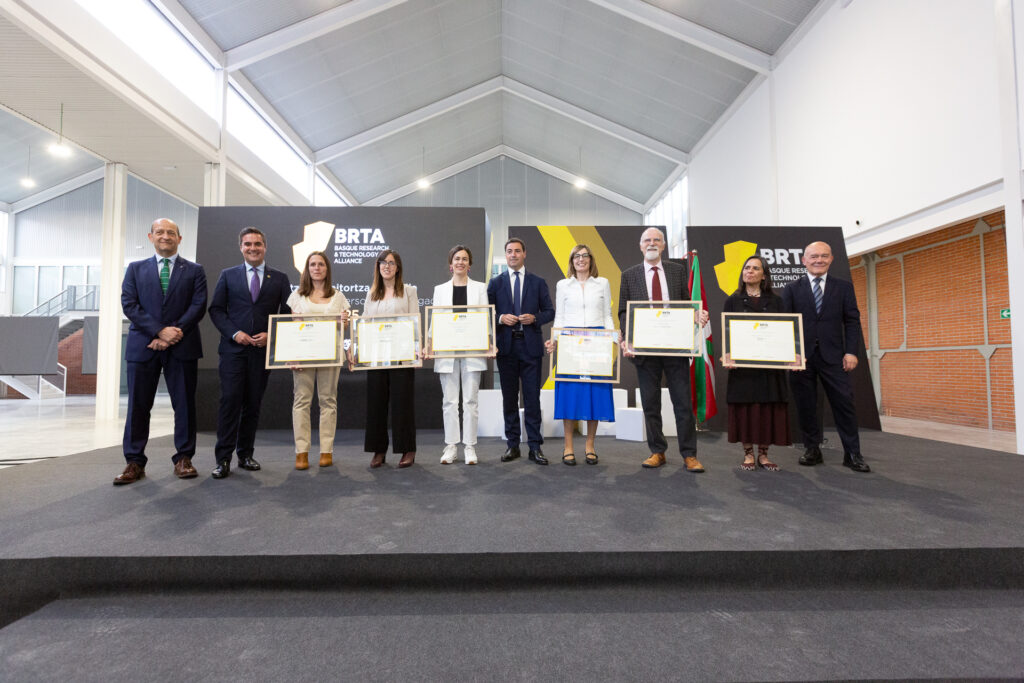- The TALISSMAN project has secured nearly €5 million in funding from the European commission through the horizon Europe programme
- Nine partners from Spain, France, Germany, and Italy are collaborating in this ambitious consortium to drive the development of advanced and sustainable battery technologies for electrified mobility applications
Madrid, July 1st, 2025 – Four Spanish partners will play a key role in the European project TALISSMAN (Technologies for Advanced Lithium-Sulphur batteries toward Safe and Sustainable Mobility Applications), an initiative aiming to transform the future of energy storage by developing safer, more sustainable, high-performance lithium-sulphur batteries. Commencing in July and lasting for 48 months, the project will focus on the design, validation and scaling up of two new Generation 5 battery concepts: a quasi-solid hybrid (Gen2027) and a fully solid-state version (Gen2030). These developments seek to improve energy performance, safety, sustainability, and economic competitiveness of storage solutions for the mobility of the future, particularly in heavy transport, electric aviation and automotive sectors. The methodology will combine advances in materials, component design, advanced characterisation and predictive modelling to accelerate the market entry of these new technologies.
The project is coordinated by CIDETEC Energy Storage, which, in addition to managing TALISSMAN’s scientific and technical activities, will contribute to the development of gel electrolytes, polymer-based sulphur cathodes, the design of multi-layer cells at pilot scale and electrochemical validation of prototypes, as well as electrode and cell modelling. José Alberto Blázquez Martín, project coordinator, shared his enthusiasm:
I am truly excited about this new project, which brings together some of the most outstanding players in lithium-sulphur battery research. We are developing innovative approaches — from solid-state electrolyte design to lithium electrodes with 3D structures — that could represent a decisive breakthrough. These developments have the potential to overcome current technological limitations and pave the way for commercial deployment, especially in emerging applications where energy density is a critical factor.
AIRBUS will contribute by defining requirements for aeronautical applications, assessing the compatibility and feasibility of new battery systems for use in highly efficient electric aircraft. TECNALIA Research & Innovation will be responsible for developing key materials for lithium anodes and their pilot-scale processing, as well as for conducting environmental sustainability and life cycle analyses of the developed technologies.
SUSTAINABLE INNOVATIONS, responsible for communication, dissemination and exploitation activities, will aim to ensure that the project’s advances and results reach industrial sectors, regulatory bodies and the general public. Moreover, it will work to maximise TALISSMAN’s long-term impact through valorisation strategies, capacity-building tasks and collaboration with other relevant European initiatives. It is a pleasure to collaborate once again with CIDETEC, a partner with whom we already shared an outstanding experience in the DEFACTO project, leading communication, dissemination and exploitation tasks, stated Pablo Morales Moya, Communications Manager at Sustainable Innovations. We are proud to continue contributing to European projects in the field of advanced batteries, helping build a cleaner, safer and more sustainable mobility system for Europe’s future.
About Lithium-Sulphur Batteries
Lithium-sulphur batteries are among the most promising alternatives to current lithium-ion batteries, thanks to their higher energy density and the use of more abundant, lightweight, and sustainable materials. The European Union is supporting this technology to reduce dependence on critical raw materials, boost industrial autonomy and promote cleaner mobility, in line with the objectives of the European Green Deal and the Batt4EU initiative.
About TALISSMAN
TALISSMAN (Technologies for Advanced Lithium-Sulphur batteries for Safe and Sustainable Mobility Applications) is coordinated by CIDETEC Energy Storage and comprises Airbus Operations S.L., ARKEMA France SA, Fraunhofer Gesellschaft, Justus-Liebig-Universität Giessen, Politecnico di Torino, SAFT, Sustainable Innovations and Tecnalia Research & Innovation.
The project has received €4.9 million in funding from the European Union’s Horizon Europe research and innovation programme under grant agreement number 101203047.










